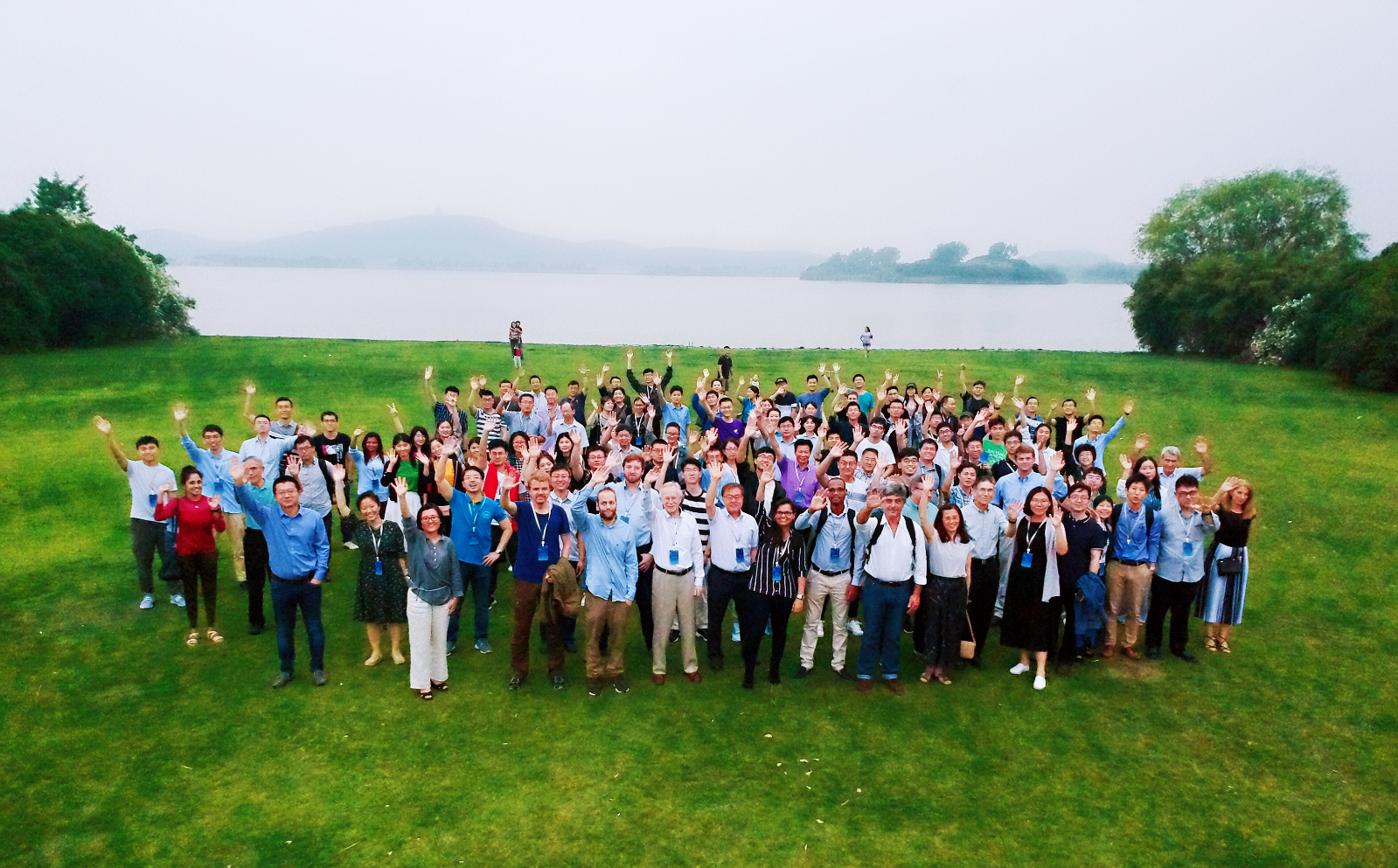
11th International Workshop on Modeling the Ocean 2019
The 11th International Workshop on Modeling the Ocean (IWMO) takes place in Wuxi, China, June 17-20, 2019.
The 11th International Workshop on Modeling the Ocean (IWMO 2019) was hosted by Tsinghua University, National Supercomputing Center in Wuxi, China, on June 17–20, 2019. Wuxi is situated northwest of Shanghai, between the Yangtze River delta and Lake Tai, which is the third largest freshwater lake in China and a popular tourist attraction. The historical and cultural city, which traced its origin habitants to before 1000BC, is today a city of about 5 million people and a center for industry, manufacturing, and scientific research.
The IWMO meetings were held annually for 10 years since the first IWMO meeting in Taipei in 2009, resulting in 160 research papers and editorials published in Ocean Dynamics over this period. However, this continual tradition of bringing together scientists from many different countries around the world was unexpectedly halted due to the global COVID-19 pandemic and travel restrictions, postponing the IWMO 2020 and IWMO 2021 meetings. Nevertheless, we hope to renew the IWMO tradition in 2022 and the following years to come. Completing the IWMO 2019 topical issue during the height of the pandemic was challenging, as research efforts at many labs slowed down and many authors and reviewers working from home. Therefore, we would like to give special thanks to all the scientists, reviewers, and editors who helped to bring this collection for fruition despite the difficult circumstances of the pandemic.
About 130 scientists from more than a dozen different countries attended the IWMO 2019 meeting, which included over 75 oral presentations and 50 poster presentations. Sessions covered various topics such as ocean circulation and dynamics, data assimilation and forecast systems, climate change, coastal modeling, air-sea interactions, and coupled biological-physical models. Continuing with the IWMO tradition of encouraging the participation of young scientists, about 20 students and postdocs presented their research and competed for the Outstanding Young Scientist Award (OYSA).
